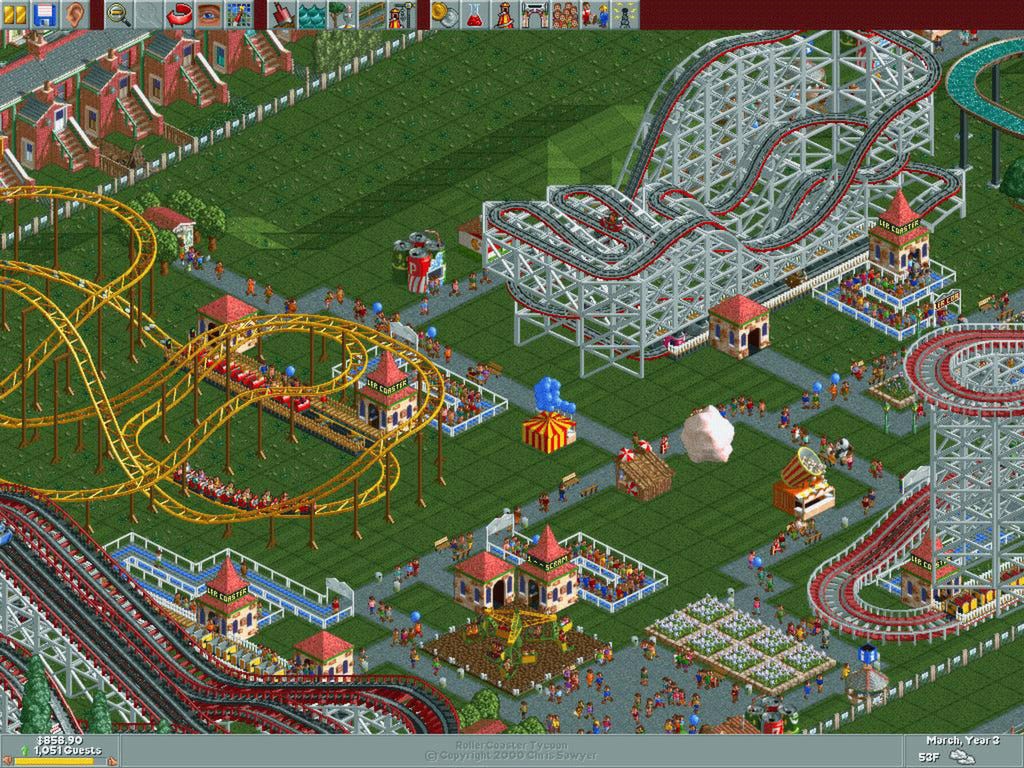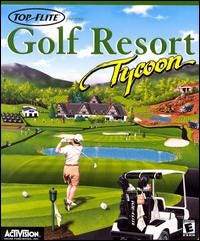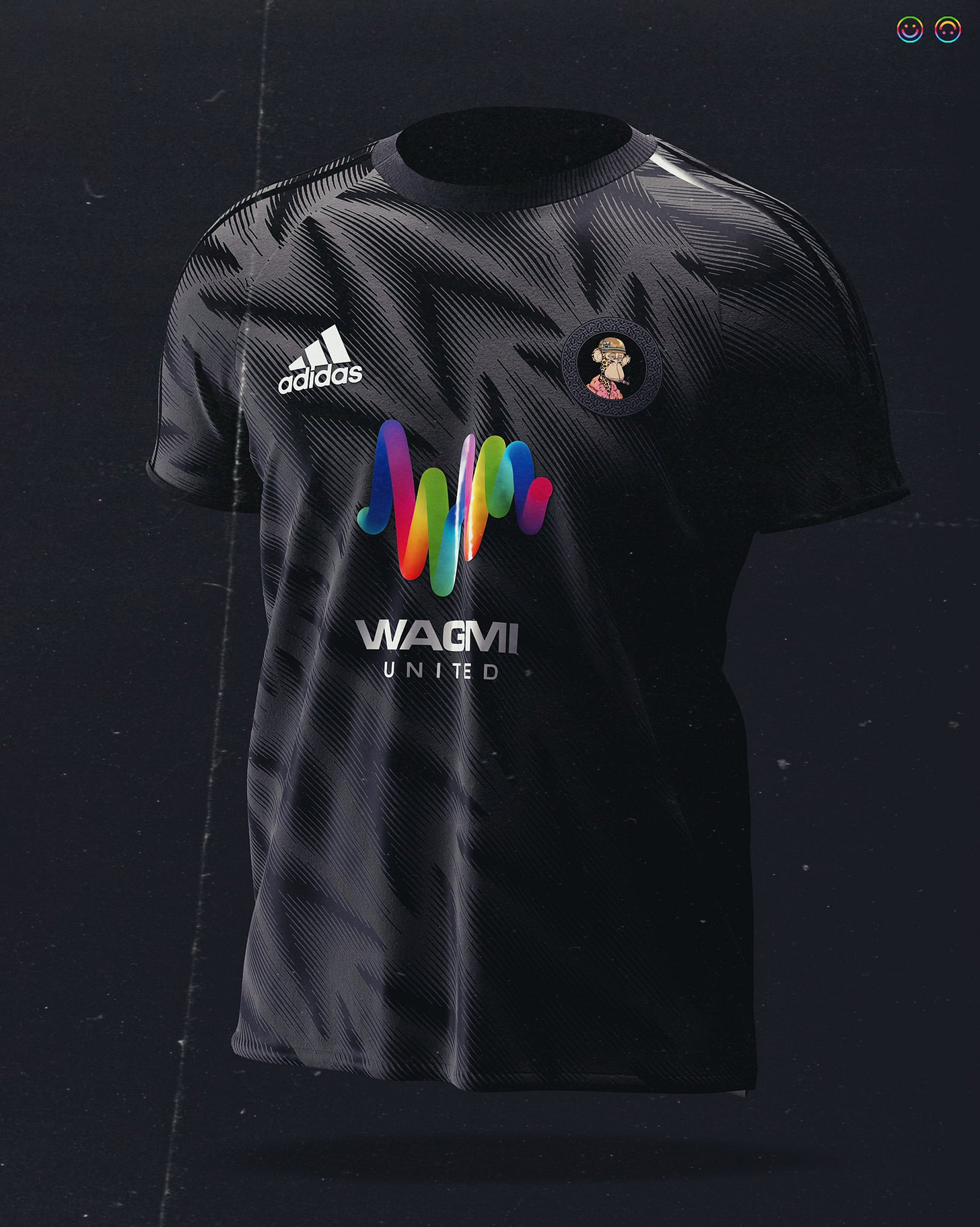Capitalism: The Game!
Featuring RollerCoaster Tycoon. A Discussion on why gaming matters to technology. Skeuomorphic design. And the next set of great online experiences.
The Immortal Life of RollerCoaster Tycoon
When I was eight years old, my parents bought me a copy of RollerCoaster Tycoon. By the hyper realistic standards of today’s PC games, it's an incredibly simple title.
You build amusement parks. You design roller coasters (and sometimes make them blow up). You manage the attendance, finance and operations of the park.
Honestly it might sound more like a business school assignment than a video game, but I was hooked for months.
I spent my adolescent summers at Dorney Park and Wildwater Kingdom in Allentown, PA. I spent family vacations at Disney World. I fucking love a good theme park. And few things seemed more fun to 8-year-old Alex than running one.
Over the next few years, I moved on from RollerCoaster Tycoon to other games in the “Tycoon” genre. I played Fast Food Tycoon and Casino Mogul and the Movies. By 13, I was a certifiable virtual Elon Musk. I had dominated industry after industry.
Now - it's possible I loved these games because I have Capitalist Stockholm Syndrome. But I don’t think that’s it. I think these games speak to a deep and universal desire to build and to create.
When we’re kids, we build cities with blocks and pillow forts. We play house. We design, we build, we knock over, we start again. In a world of first person shooters and RPGs, the best selling video game of all time is not Grand Theft Auto (that’s #2), but Minecraft.
Building is fun. And the beauty of free markets is that if we build things that other people enjoy, we can get rewarded for it.
The only problem with RollerCoaster Tycoon – or any of the hundreds of business simulators – is that they’re just simulations. No one in real life benefits from the businesses we build and create. No one enjoyed my coasters, or my casino, or my studio’s simulated movies. But what if we could bridge that gap. What if we could gamify capitalism.
The idea of connecting gamification with work is not new. Our app stores are full of these work-games. TikTok and YouTube let any young person launch a media brand. Shopify and Etsy help side-hustlers sell their wares. Robinhood turns stock trading into a game.

But all of these games are single-player.
Sure, I can team up with a friend to launch Shopify or manage our Robinhood trades, but scaling the game into a team sport is hard. It requires incorporating. It requires corporate governance. It puts us in the highly regulated and not-at-all fun world of corporate liability.
And that sucks because games and businesses are both more interesting when you work with a team. After all, it's hard to buy and run an actual theme park by yourself.
But what if we could create and join teams that let us live out our Tycoon-game-era fantasies? What if we could pool our resources to buy and manage a restaurant, or a hotel, or a sports team?
Wouldn't it be fun to participate in running businesses that you dreamed of owning as a kid? It's kind of like Field of Dreams, but... y'know.. for nerdy entrepreneurial kids.

Well, here's the thing. That's actually what a lot of the most interesting DAOs are doing. These DAOs are communities that build and do together. They are companies-as-a-game. They buy property. They manage businesses. They have grand visions that they try to realize as a team.
No they won't tell you they're creating a game. That would ruin the illusion. But try applying the "company-as-a-game" framework, and it starts to become obvious why certain communities are succeeding while others are failing.
It also becomes clear that DAOs are creating something net-new. They are a collaborative game that is part business, part simulation, part social media and 100% novel.
Welcome to the era of Capitalism: The Game!
Why are we talking about games again?
I wrote about games last week, and I’m writing about a different kind of game this week. No, this isn’t a gaming newsletter. But games are essential to understanding any breakthrough technology.
Back in 2018, I considered joining the Oculus team. I met with a former manager and asked him which killer use cases had surfaced for the product.
“The two use cases we see taking off right now are pornography and gaming.”
"That sounds pretty trivial,” I muttered before I could stop myself.
My old boss smiled patiently and replied: “That’s always where the first use cases come from. The personal computer/internet were first used for gaming and porn.”
He’s not wrong.
Porn continues to push the limits of content and culture. It was the original internet streaming use case. OnlyFans is one of the key innovators in business models of the Creator Economy.
Meanwhile, games continue to drive innovation in high-end computing. Artificial intelligence models are trained on GPUs - graphic processing units designed for gaming use-cases. The desire for more realistic VR and AR games is driving innovation in optics and batteries.
When we trivialize these technologies, we miss the critical lessons they teach about humanity.
Technologists like to think that we are inventing the future. We like to think that we are serving only the high-minded ideals of our best-selves. On our loftier days, we like to imagine that we are even helping bend the species toward its higher impulses. The tool shapes the user or something like that.
But people are the product of millions of years of evolution. The humans of 2022 want much the same thing that the humans of 1022 did.
We want safety.
We want food.
We want status.
We want sex.
We want to belong.
We want entertainment.
Technology does not change those needs, it just gives us new ways to address them. To be a humanist is to acknowledge that these needs are valid representations of human experience. To be a successful technologist is to work on satisfying these human needs.
So if we want people to stop asking if blockchain has a real use case, we should stop talking about ideology. We should stop saying the words "data portability" and "censorship resistant." We are not building technology for robots or ideologues. We are trying to build technology that humans might actually use and love.
And that means we want to look at gaming. Porn, well, that analysis I’ll save for another day.
Avoiding The Skeuomorphic Trap
To be honest, I am not much of a gamer.
So I am not the right audience for NFT-gaming-items. I'm just never going to spend 100 bucks, let alone $100,000 on something called "The Sword of Truth."
But I also think these ideas betray a lack of deep creativity. They are a shallow exploration of the cryptoverse. They look at NFTs and say “hey we have items in games! What if those items were tokens?”
These concepts misunderstand the correct use of something called “skeuomorphism.” Skeuomorphism is a design tactic that wraps new technologies in comfortable metaphors to make them more approachable.
This is why you still call your MacBook screen a desktop even when it bares little in common with your actual desk. And it’s why that device in your pocket is a "phone" even though calling a friend is hardly its killer app.
But “lazy skeuomorphisms” are attempts to repurpose a whole idea rather than just using a well-understood design metaphor. That can be useful (hey, I sometimes do use my phone as a phone), but it’s not innovative.
An innovator's job is to peer through the manufactured normalcy veil of a skeuomorphic metaphor. When you do that, you can glimpse the real potential of the underlying technology. Then - and only then - should you try to wrap it in a friendly, digestible skeuomorphic metaphor.
Uber, for example, saw that what we were calling a “phone” was really a persistent location tracker and digital wallet that could revolutionize transportation.
Snapchat identified that the phone was a super powerful camera that we carried with us at all times.
And most of the ideas in crypto-gaming so far are lazy skeuomorphisms. They transform digital assets (weapons, skins, etc.) into NFTs. That's not net new value. It's an attempt to graft crypto hype onto web2 games.
So no, selling a Sword of Truth on an NFT marketplace is not a revolution. But what crypto uniquely enables is a blurring of virtual and real economies. It enables coordination and cooperation that would previously have been prohibitive in cost and regulatory friction. It enables us to take the actual free market and make it a cooperative game.
The First Reality Games
I’ve been told by more than one friend (and therapist) that I tend to be way too abstract. So let’s make things tangible.
Here is a sample of the very first examples of the cryptoverse’s Reality Games:
LinksDAO “Golf Resort Tycoon."
LinksDAO's community is buying, improving and managing a Top 100 Golf Course. Members will decide which club to buy. They will decide what food to serve. They will decide on what to charge members and non-members. It’s a community-run country club simulator – only it’s not a simulator. It’s Golf Resort Tycoon, but the resort and the profits are real.
WAGMI United -
FantasyFootball15% of American adults played Fantasy Sports last year. That's a lot of time imagining trades and scouting player stats. But what if you weren't just running a fake team? What if your community actually voted on key hires and fires?
That's the idea behind KrauseHouse (trying to buy an NBA team) and WAGMI United (owners of fourth-division-UK Club Crowley United). It's unlikely that you will actually ever be calling plays like in Madden or Fifa. But a community-sourced-front-office and ownership-board -- that's going to happen.
If you thought Philly fans were insufferable when we root for a team, just wait until we're negotiating QB contracts.Social Tokens and Decentralized Talent Scouts
Early social token projects like Rally and BitClout have been mixed bags. Their central promise is that you can discover great creators, invest early in their “token” and benefit when the creator’s popularity rises. They have a host of problems. What does the token actually entitle you to do? Do you really want a wallet with 1000 separate creator tokens in it? How do you value a human’s career?
But their core premise is exciting. Imagine being a record producer in the 60s and discovering the Beatles. Imagine being Scooter Braun (minus the T.Swift drama) and discovering Justin Bieber on YouTube. Imagine you could discover, shape and promote the next great musician.
That’s the promise of these social tokens. No one has quite nailed the execution yet, but that feels like a question of “when” not “if”.
The Elements of Reality Games
These games have some core elements. Some of them have been captured in other essays, but I want to share them all here:
A Meme, A Mission, A Brand, A DAO - The successful Reality Games start with a memeable mission. “We’re going to buy the Constitution”, “We’re going to buy a golf club”, “We’re going to buy a soccer team.”
A Strong Core, a Great Community. There are unsexy parts of running a business. And no amount of window-dressing can make things like accounting feel like a game. So each of these communities needs a core team that create the essential scaffolding needed so the community can handle the fun part.
A Multimedia Game. DAOs cannot rely on a community seeking out their game from Steam (or on Discord). They have to craft their Call to Adventure in public on Twitter, Instagram and TikTok. To paraphrase my favorite Disney mermaid, "They need to be where the people are."
It’s not just about the money. If you want great returns, you’re better served by investing in an index fund. If you just want to enjoy the end product – say an amusement park – you’re best served by going to an amusement park. But as I explained about LinksDAO, in my piece Tokenizing the Gold Club to Save Democracy, ”You are no longer selling a golf club. You are selling the adventure of creating one together. That’s exciting. And it’s nitpick-proof. If you just want to join a golf club, go join a golf club. If you want to change the way golf works, come with us.”
Request-for-Games
And look – I’m excited enough about this premise that I even have a list of games that I want to play. So if you’re looking for an idea of a DAO to start, here’s a list I would join. Seriously – start one, I’m ready to play.
Music FestivalDAO – Buy a membership to help vote on which artists and food vendors we should include for our community-owned Coachella.
Movie Studio DAO – Buy a membership to help us screen scripts and decide which to produce. Help us hire a cast and crew to make the film. When we sell it to Netflix, everyone profits.
Bar DAO - Let’s live the fantasy of every drunk group of friends from time immemorial. Let’s fucking buy a bar. We'll choose the place, set the menu, set the prices, decide on the ambiance and decide on which events we should hold. Trivia nights are going to be legendary.
RollerCoaster Tycoon DAO - and yes, finally, help me live out my childhood video game dreams. Let’s buy an amusement park. Let’s design roller coasters. You know you always wanted to ride the coasters you designed…
If you have other ideas for reality games, let me know. I’m ready to try my hand at playing.




